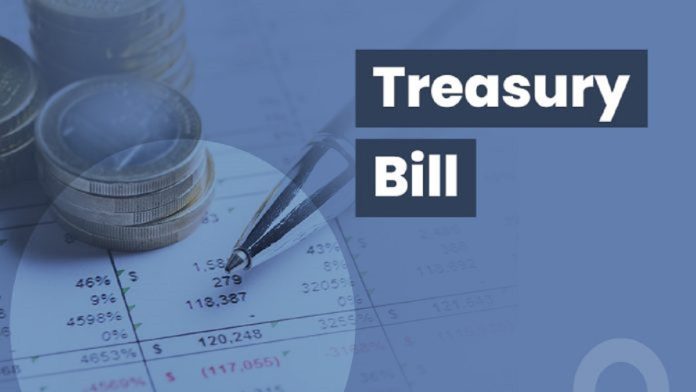Banks are paying more to borrow money after the Nigerian Treasury bills auction reduced the cash available in the financial system. The auction, managed by the Debt Management Office, resulted in a cash outflow of ₦518.93 billion, leaving banks scrambling to meet daily liquidity needs. Many turned to the Central Bank of Nigeria (CBN) for short-term loans.
The shortage of funds caused short-term interest rates to rise. The Nigerian Interbank Offered Rate (NIBOR), which tracks borrowing costs between banks, increased across most categories. Analysts noted that the system’s cash deficit grew by 59%, ending the day at ₦148.28 billion compared to ₦93.5 billion earlier.
The tight liquidity was partly due to ₦489.20 billion in Treasury bill settlements. This happened despite some inflows of funds, according to AIICO Capital Limited.
As a result, key short-term rates like the Open Repo Rate (OPR) and Overnight Lending Rate climbed by 0.92% and 1.21%, closing at 30.50% and 31.67%, respectively. Analysts believe these rates will stay high unless there are significant changes in the market.













